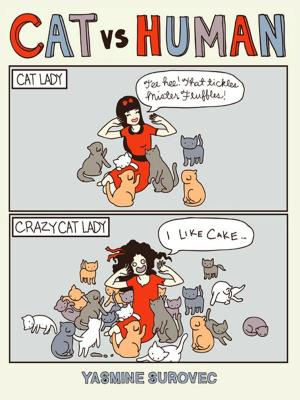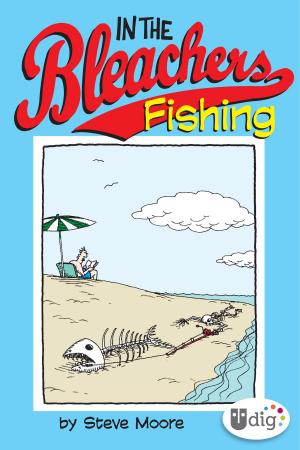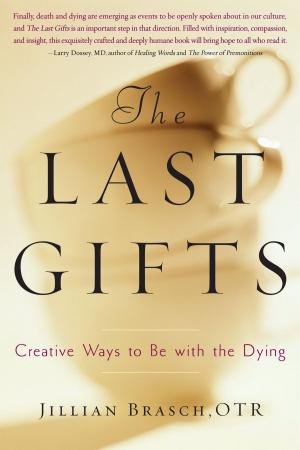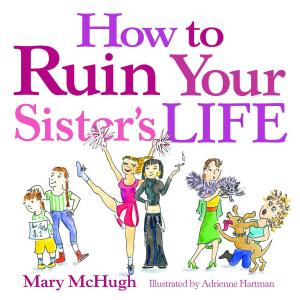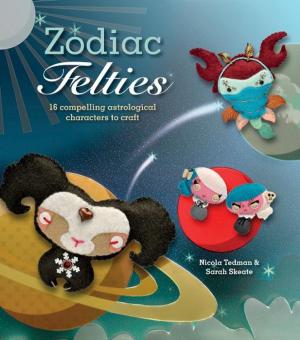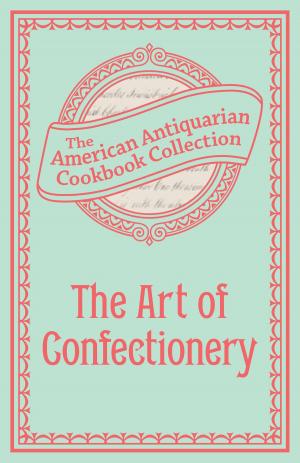Christianity in the Kitchen
A Physiological Cook Book
Nonfiction, Food & Drink, Food Writing, International, USA, Healthy Cooking| Author: | Mary Mann | ISBN: | 9781449462338 |
| Publisher: | Andrews McMeel Publishing | Publication: | April 15, 2014 |
| Imprint: | Andrews McMeel Publishing | Language: | English |
| Author: | Mary Mann |
| ISBN: | 9781449462338 |
| Publisher: | Andrews McMeel Publishing |
| Publication: | April 15, 2014 |
| Imprint: | Andrews McMeel Publishing |
| Language: | English |
Mary Mann, one of the famous Peabody sisters—reformers and pioneers of modern educational theory—believed that good digestion was synonymous with virtue, and dyspepsia was equated with sin. So the advice and recipes in her cookbook promote good eating habits in accordance with this belief, discouraging the consumption of processed and fatty foods labeling them “death in the pot.” In accordance with her temperance beliefs, alcohol should not be used in cooking, and butter or lard, turtle soup, wheat flour, vinegar, and baking soda were all unchristian. “Compounds, like wedding cake, suet plum-puddings, and rich turtle soup, are masses of indigestible material, which should never find their way to any Christian table . . . If asked why I pronounce these and similar dishes unchristian, I answer that health is one of the indispensable conditions of the highest morality and beneficence.” Her cookbook contains several hundred recipes for a wide variety of dishes from soup to nuts (including meat—she was not a vegetarian) that reflect this philosophy.
Mary Mann, one of the famous Peabody sisters—reformers and pioneers of modern educational theory—believed that good digestion was synonymous with virtue, and dyspepsia was equated with sin. So the advice and recipes in her cookbook promote good eating habits in accordance with this belief, discouraging the consumption of processed and fatty foods labeling them “death in the pot.” In accordance with her temperance beliefs, alcohol should not be used in cooking, and butter or lard, turtle soup, wheat flour, vinegar, and baking soda were all unchristian. “Compounds, like wedding cake, suet plum-puddings, and rich turtle soup, are masses of indigestible material, which should never find their way to any Christian table . . . If asked why I pronounce these and similar dishes unchristian, I answer that health is one of the indispensable conditions of the highest morality and beneficence.” Her cookbook contains several hundred recipes for a wide variety of dishes from soup to nuts (including meat—she was not a vegetarian) that reflect this philosophy.
More books from Andrews McMeel Publishing
We use our own "cookies" and third party cookies to improve services and to see statistical information. By using this website, you agree to our Privacy Policy




